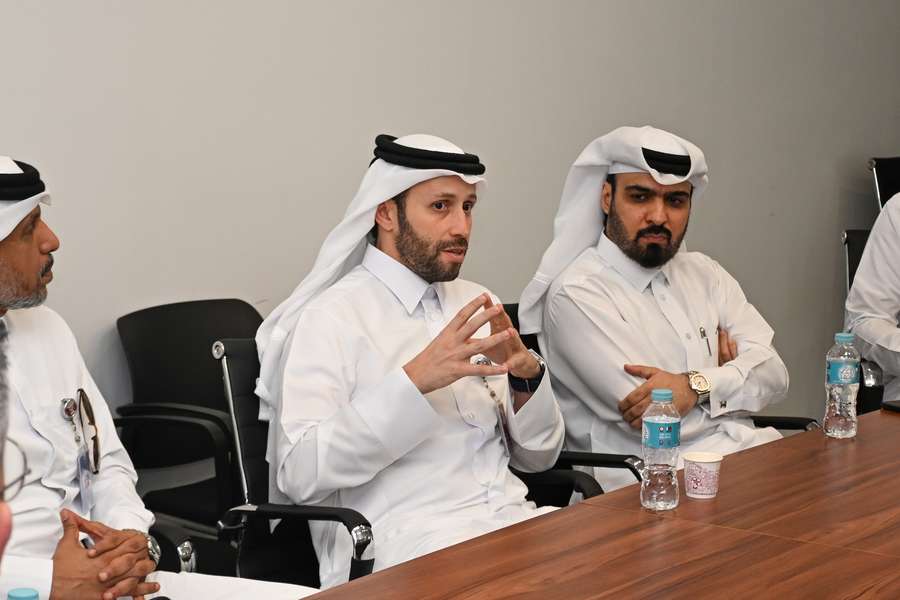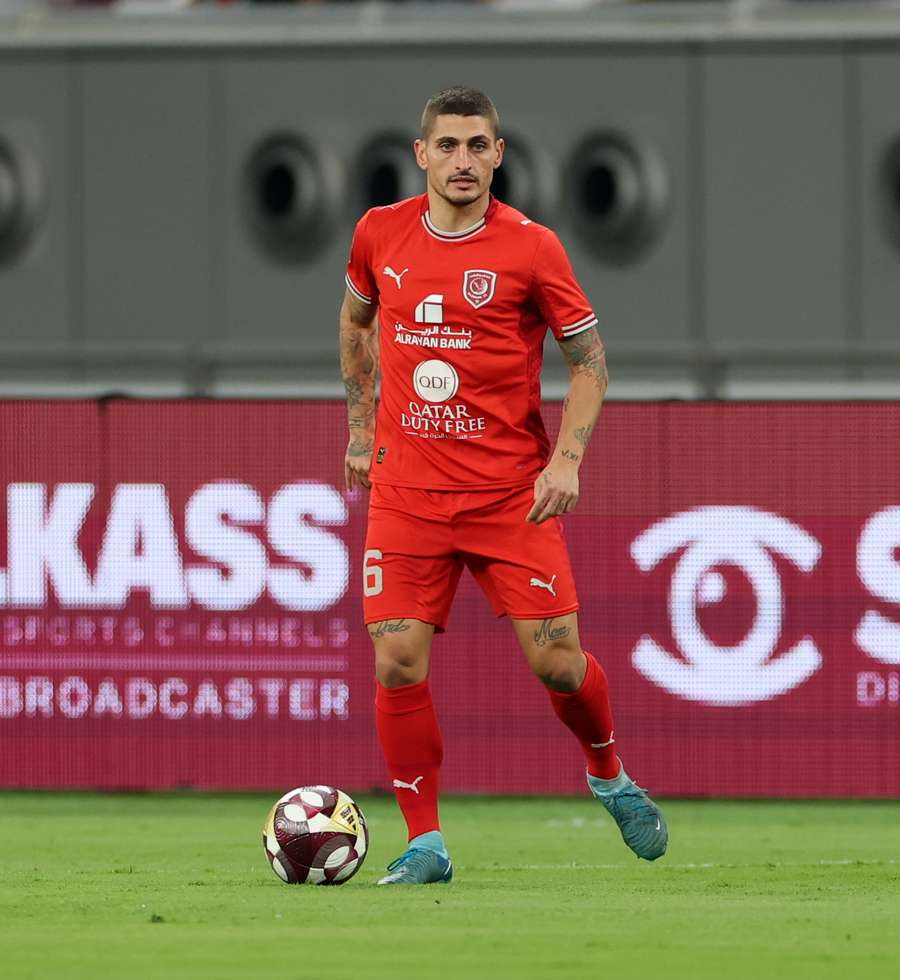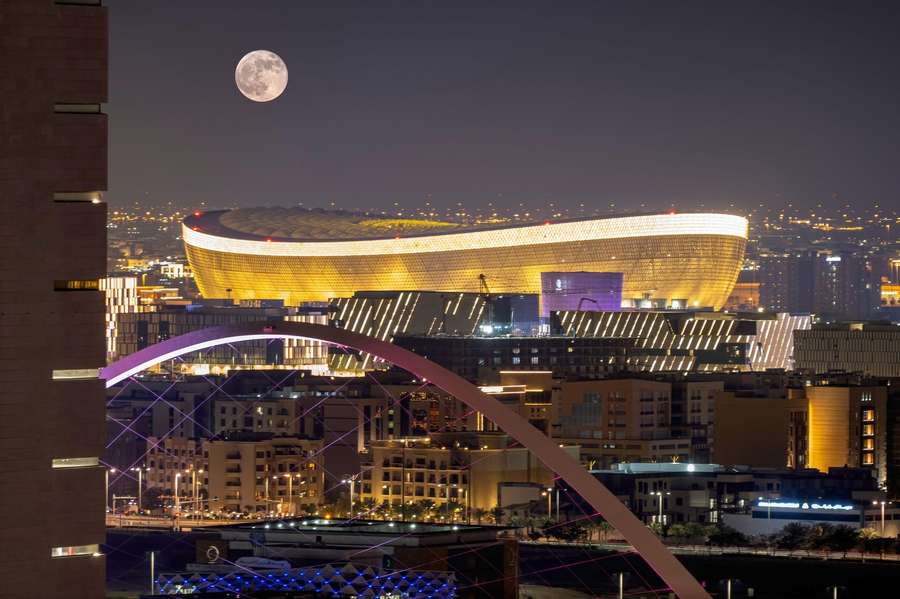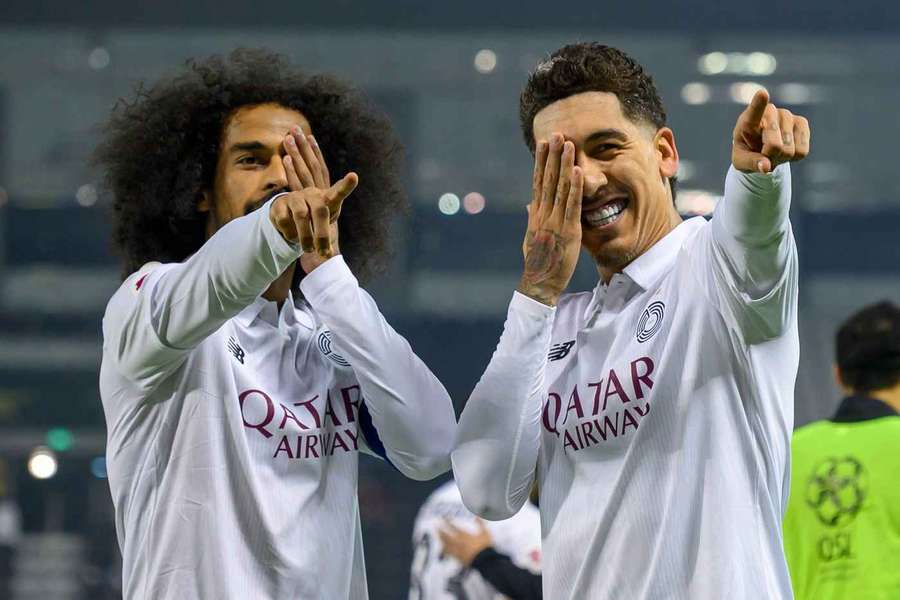Flashscore paid a visit to the offices of the Qatar Stars League, the country’s top division, to learn more about the sports strategy in Qatar and how it differs from nearby big spenders, the Saudi Pro League, who have been the talk of the town for the past few transfer windows.
The word 'sustainable' perhaps doesn’t come to mind often when you hear of Qatar, its luxurious skyscrapers and the air-conditioning running everywhere, but connected to its football strategy, it makes sense.
Though it wasn't always like that. "Twenty years ago, we needed to be seen, so we brought in the likes of Batistuta or Effenberg here," says Ahmed Abbassi, the league’s Executive Director of Competitions and Football Development.
"But we are way beyond that stage now. We respect what Saudi Arabia is doing, but we are taking a different path."
Across the Gulf, the Saudi Pro League has captured headlines with its marquee signings like Cristiano Ronaldo and Neymar, and the headline-grabbing spending that goes along with it.
Qatar also has names you recognise from Europe’s top leagues, but has opted for a quieter model. Thanks to their strategy, QSL's market value rose from 150 million euros in 2020/21 to 450 million in the current season.
"What's important for us is attractive, competitive and sustainable football," Abbassi says. "Sustainable in the growth of the league and our national team, and also financially. It’s an important aspect in how we build our governance, regulations, and how we safeguard our local players while bringing in foreign players that add value."

That also means Qatar doesn’t want to be a fancy retirement home for players nearing the end of their careers.
Roughly 35% of the QSL's foreign players are under the age of 25. Some are big names; others are promising young professionals. For example, Al-Sadd, the country’s most successful sports club, has experienced superstar Roberto Firmino leading the line, but one of its European imports is Pau Prim, a 19-year-old La Masia graduate.
"A name alone is not enough; the performance matters," Abbassi points out.
Unique financial regulations
The QSL doesn’t need to obey the Financial Fair Play Regulations, as those were put in place by UEFA. But instead, it put together its own set of rules called 'Financial Control'.
Each club sets its budget based on sponsorships and broadcast revenue. That budget is transferred directly to an account managed by the league, giving the QSL full transparency.
"That way, we make sure that everyone is paid exactly on time. Coaches, players, everybody," Abbassi explains. "Wages being late is something that occurs even in top European leagues, and we wanted to avoid that," he adds.

The rules are simple: No liquidity? No signing. "You can’t sign a player or a coach if you don’t have the budget for them actually in your account," Abbassi says.
"Under FFP, you can figure out a concept of financing something over the years. With us, you have to have the money now. There’s no wiggle room."
The result isn't just zero debt across the league, but perhaps most importantly, the growing credibility in the wider football ecosystem. "This rule helped our image in the world of football," Abbassi adds. "It showed we have a professional structure."
Do what it takes
Former FIFA referee Hani Ballan has been the QSL’s CEO for more than a decade now and is among the leaders trying to shape Qatar into a global sports hub. Not just for football, even if that’s his primary focus.
"We have a saying here: we don’t just do our best, we do what it takes," Ballan says. "That applies to hosting the FIFA World Cup, to growing our league, to any future events."
That next phase is already taking shape. Qatar will host the 2027 FIBA Basketball World Cup, and officials have expressed interest in bidding for the 2036 Olympic Games. Both fit within a national framework that views sport as a long-term investment in image and identity, but also in infrastructure.

The stadiums built for the 2022 World Cup are still being used to this day for football as well as the Diamond League, and one of them is even set to host a part of the basketball tournament in two years.
"There were a lot of questions ahead of the World Cup," Ballan recalls. "But in the end, it was amazing. Nobody can question us hosting it, the organisation, the hospitality… It was a huge event for us and only allowed us to grow."
The overwhelming sense you get from talking to any sporting executives in Doha is quite clear: they want to use their blueprint from the FIFA World Cup that first gave them increased visibility in the world of sport and build from it to make sure fans and athletes alike are happy to go to a tournament in Qatar.
"We don’t pull rank," Ballan insists. "We all work together for the common growth of the country and the region."

